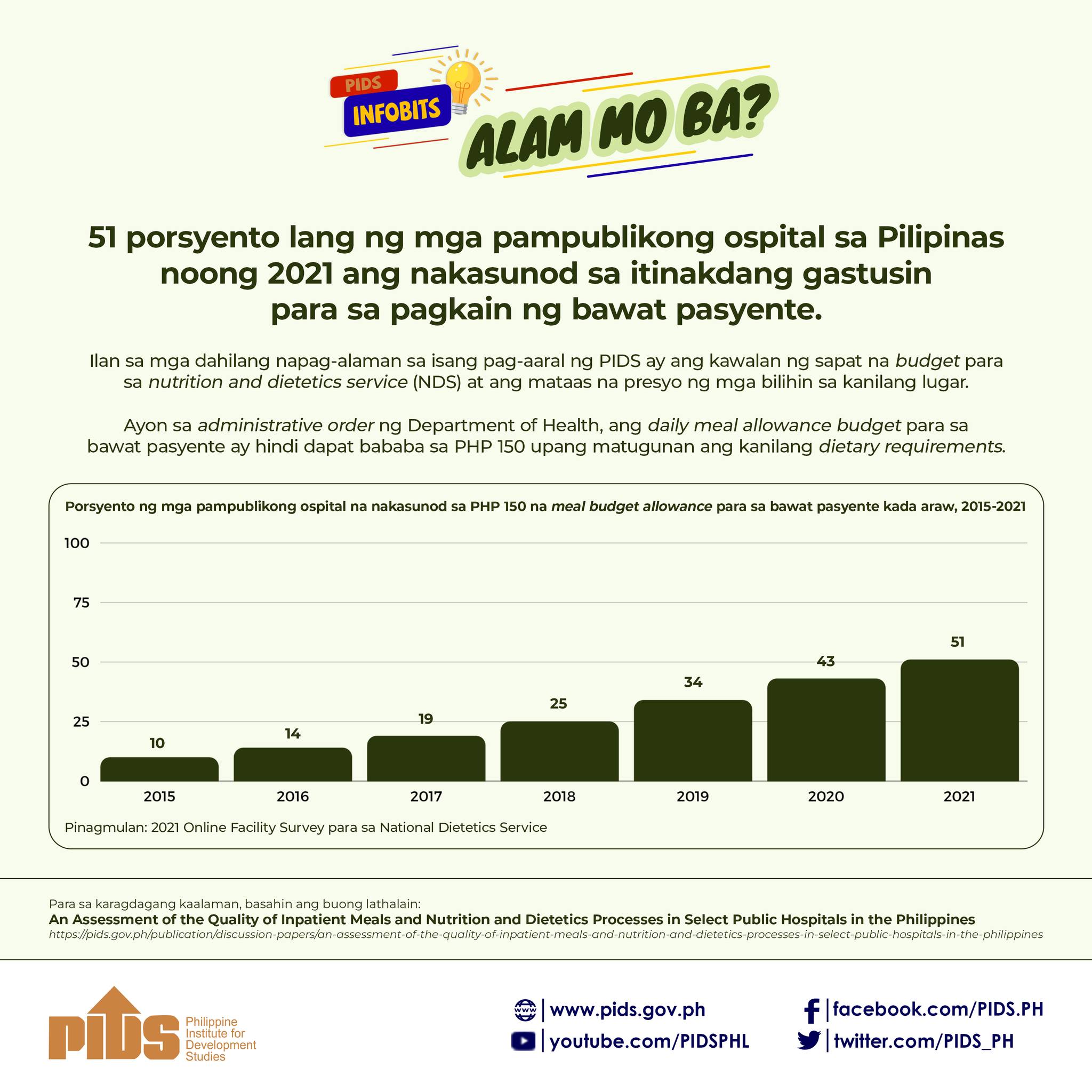Aside from the huge opportunity losses to the economy of about P110 million for every hour of brownout, the failure of concessionaire National Grid Corp. of the Philippines to provide backup electricity through firm Ancillary Service or AS contracts contributed to high electricity bills.
Inefficiency entails costs, which was how an energy expert explained the consequence of the NGCP’s inability to fulfill its commitments in its contract with the government.
Energy experts who attended a forum of the state think tank Philippine Institute for Development Studies estimated the cost of economic dislocation when a massive brownout hits.
Industry experts said insufficient power supply, congested transmission lines, and recurring damages from disasters are the major problems in power generation.
Experts said on average, the country has about 10 days of brownouts each year which is deplorable compared to Singapore’s one hour of outage for the past 10 years.
Energy Secretary Raphael Lotilla said a long-delayed comprehensive system and performance audit of NGCP will happen before the end of the year.
NGCP had long resisted a DoE audit saying that it will only allow a review of its systems under a regulatory framework or only through the Energy Regulatory Commission.
ERC, however, lacks the power and expertise to undertake a full audit of the electricity backbone.
Power prices have a good chance of being lowered as a result of the audit since inefficiencies will be identified.
The most basic of the NGCP drawbacks is its resistance to the requirement for firm ancillary services through electricity providers that can be relied on to augment supply during peak demand.
The Department of Energy estimated that the lack of reliable AS providers increases the power rates from P3 to P7 per kWh.
DoE also previously found NGCP charging electricity users about P0.34 per kWh for reserve power that does not exist.
The argument always used by NGCP for its resistance to a firm AS contract is that it will push up monthly bills but the DoE estimated that if all the AS contracts are converted to firm, the additional charge will be about P0.30 which NGCP already collects.
The DoE previously sought the unbundling of the P0.34 that consumers are charged for the reserves to classify which are the firm and non-firm contracts.
Energy experts say most of the reserves under the non-firm agreements are mere paper compliance which a former energy official compared to a deflated spare tire.
Electricity rates are among the highest in Asia partly due to the situation in which it is only in the Philippines that the grid operator has no firm power reserve.
In the first quarter of this year, Synergy Grid, the listed holding company of NGCP gave out P1 billion in dividends while figures provided to the Senate showed that P187.88 billion in payouts were given to NGCP shareholders, from 2009 when it won the concession agreement until 2020.
It is thus unconscionable that NGCP is using the excuse that it will have to charge electricity users for the additional cost of obtaining firm AS contracts when it is a requirement in its agreement with the government.



